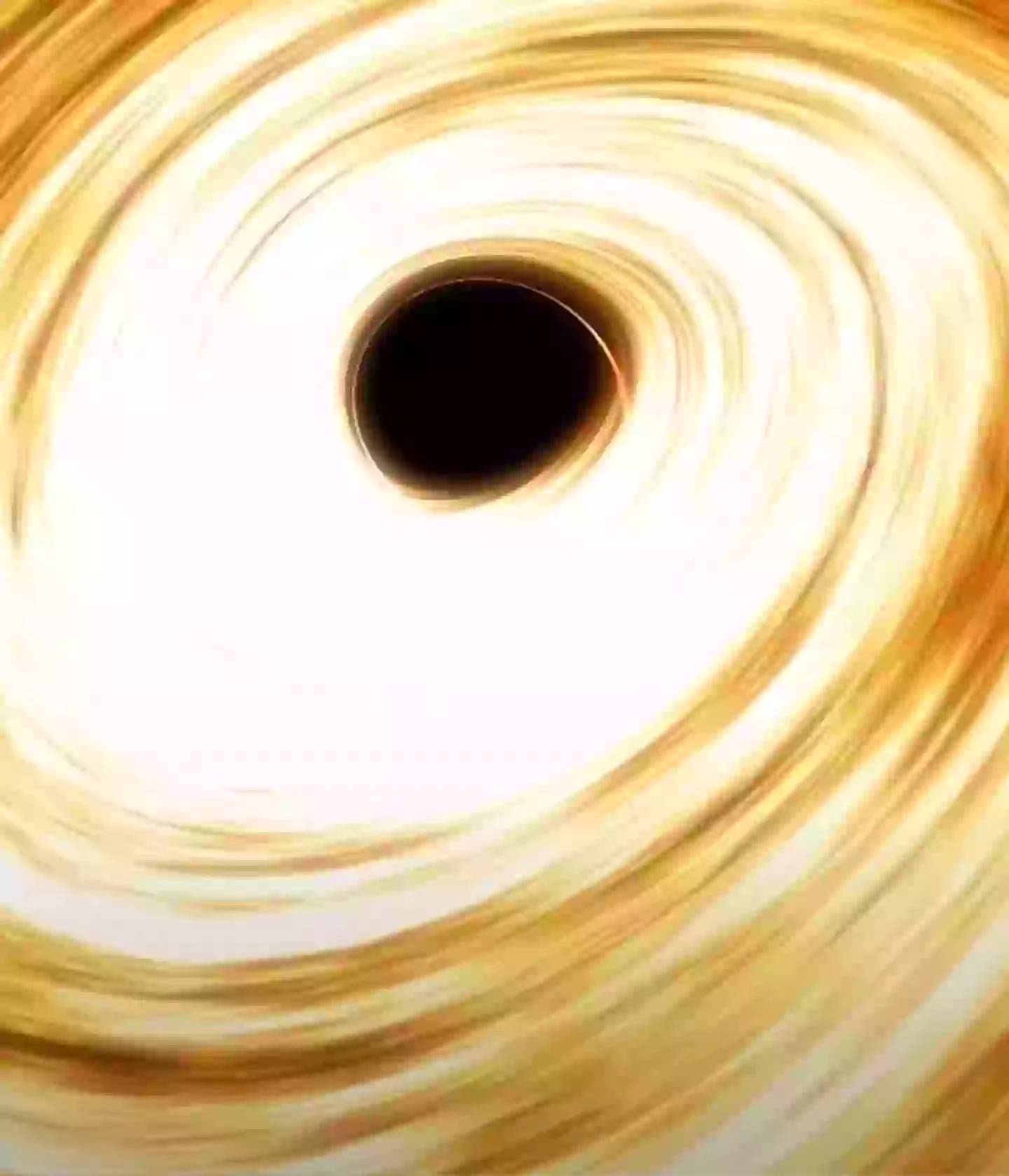
Recently, the James Webb Telescope made an exciting observation of the oldest black hole in the universe. Now, considering the immense power of black holes, what would unfold if two of them were to collide?
One video explains what would happen in such a case.
The YouTube video starts off by introducing black holes as the 'gravitational monsters of the universe.'
Because black holes come in different shapes and size, the magnitude of the explosion would depend on which black holes collide, the video explains.
Advert

If two black holes were to 'smash into each other', they'd be capable of 'changing the shape of space itself.'
Putting viewers in a first-hand perspective, the video illustrates the merging process.
First, you'd see the two black holes orbiting each other, pulling gas and matter into a 'vortex between them.'
Advert
And before you start thinking the impact is instant, the video illustrates that it could take billions of years before the centres of the black holes merge.
Once they do, they settle into an even bigger black hole.
How anti-climatic, right?
Wait for it, something else happens.
Advert
The video reveals an intriguing aftermath whereby excess energy from the collision is blasted back into the universe as 'gravitational waves.'
While these waves can change the distance between the sun and Earth, the impact is equivalent to the size of a hydrogen atom.
The video explains that you'd need a 'whole lot of colliding black holes to really see a difference.'

Advert
That's where supermassive black holes come in. Now, before you get disappointed again, these black holes don't explode when they collide. Instead, they send out more powerful gravitational waves. This is because black holes collide sucking all energy into its core, from which nothing can escape.
Though the video reassured that 'we have nothing to fear' when it comes to black holes.
So, are we safe from collision impact on Earth?
Well, only if the collision doesn't happen in our solar system. If it was, the 'planets would be ripped to shreds'.
Advert
One viewer responded to the video saying: 'It's kinda scary when you think about what's out there, and how small and meaningless we are.'
Another commented: 'Whenever I watch science videos I feel like life is short.'
Some viewers have questioned whether black holes have already collided somewhere in the universe, replying: 'What if black holes have already collided somewhere in the universe but it's so far that we are still out of reach?'.